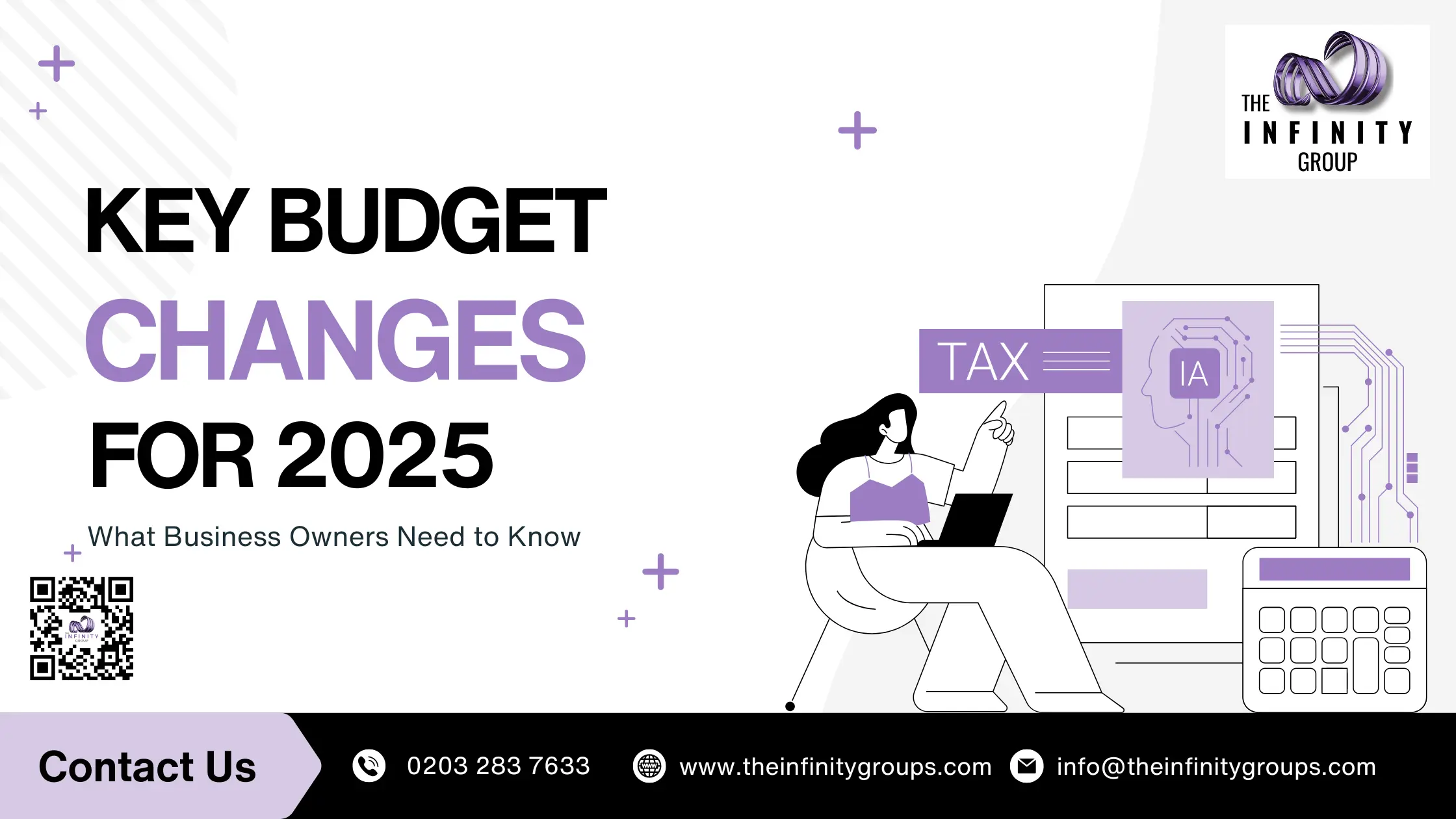Chancellor Rachel Reeves recently delivered the first Labour Budget in 14 years, unveiling significant changes in taxes and spending that could impact business owners, landlords, and employers across the UK. Here’s a breakdown of the main changes and what they mean for you.
Key Changes to Employer’s National Insurance
The Chancellor announced an increase in Employer’s National Insurance (NI) rates, set to rise from 13.8% to 15% starting April 2025. Additionally, the earnings threshold for NI will fall from £9,100 to £5,000, meaning employers will pay more. However, the Employment Allowance will increase from £5,000 to £10,500, offering some relief by allowing certain small businesses to offset their NI costs.
National Living Wage Increase
The National Living Wage for workers aged 21 and over will rise by 6.7%, bringing it to £12.21 per hour as of April 2025. This increase affects nearly three million workers and aligns with the government’s commitment to eventually create a unified adult wage rate across age groups.
Making Tax Digital for Income Tax and Higher Late Payment Interest Rates
The government reaffirmed its commitment to Making Tax Digital for Income Tax (MTD IT), affecting self-employed individuals and landlords earning over £50,000 from April 2026. The threshold will lower further in subsequent years. Interest rates for late tax payments will increase to the base rate plus 4%, creating a more urgent need for timely filings.
New Corporate Tax Roadmap and Full Expensing
The government’s new Corporate Tax roadmap includes a commitment to maintain the 25% Corporation Tax rate, along with the 19% Small Profits Rate for companies with profits under £50,000. Full expensing, allowing companies to claim 100% first-year tax relief on qualifying purchases, will also remain in place.
Additional Key Points for Business Owners
- Business Rates Relief: Reduced to 40% for Retail, Hospitality, and Leisure properties in England, down from 75%.
- Fuel Duty: Frozen for another year, with the 5p cut extended until March 2026.
- Higher Stamp Duty for Second Homes: The rate increases to 5% from 3%, affecting those purchasing additional property.
- Changes to Capital Gains Tax: Both the lower and higher rates for CGT are rising, impacting disposals of business assets and investments.
These changes underscore the importance of strategic tax planning to navigate potential financial impacts. The Infinity Group is here to help business owners and landlords understand and adapt to these updates, ensuring compliance and optimised financial planning.
Subscribe to Our Newsletter for Weekly Updates!

